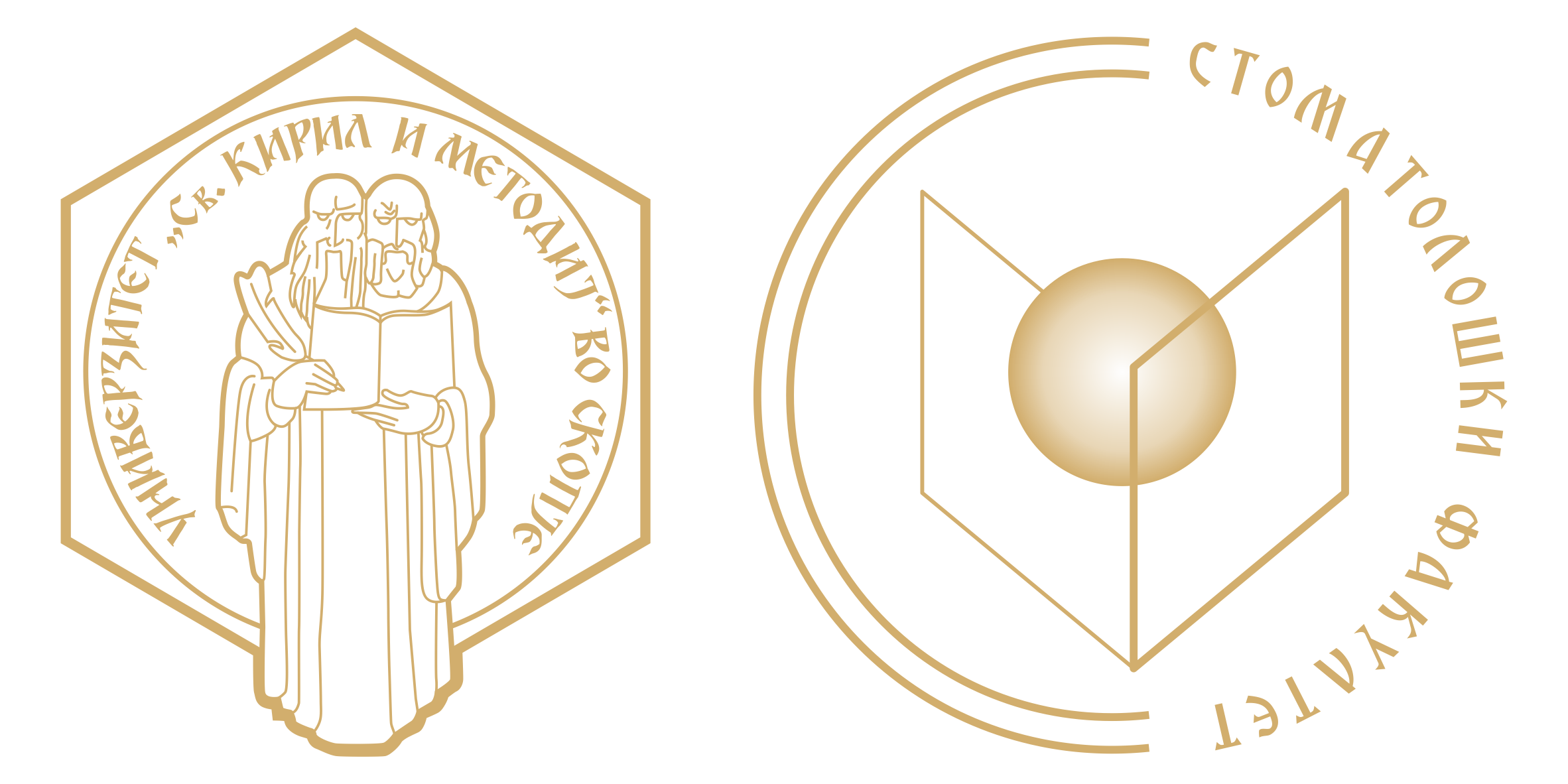The justification for the introduction of the second cycle of vocational specialist studies for dental technicians arises from the numerous changes that have occurred in the educational process for vocational profiling of professional dental technicians. The needs of the graduated dental technicians pointed to the fact that these staff profiles need to be improved in their profession and therefore it was concluded that there is a need to introduce the second cycle of vocational specialist studies for dental technicians. Since the Faculty of Dentistry has trained staff only from the first cycle of vocational studies until the present time, the idea of an additional type of education for the graduated dental technicians has been imposed. The most appropriate training of professional dental technicians is considered to be their education (theoretical and practical) at the Faculty of Dentistry and in the teaching base of the Faculty, University Dental Clinical Center “St. Pantelejmon “- Skopje.
In 2018, due to the stated reasons, and following the modern trends in dentistry, the Teaching-Scientific Council of the Faculty made a Decision to adopt a program for the second cycle of studies, as follows: study program for the second cycle of professional specialist studies for dental technicians in duration of 2 semesters (60 credits). This program is accredited by the Accreditation Board and starting from 2019/2020, students can enroll in the same.
The length or duration of the second cycle of professional specialist studies for dental technicians is one year or 2 semesters with a total of 60 credits. Graduated professional dental technicians can enroll in the second cycle of vocational studies.
The study program envisages two modules – Module A, which belongs to the scientific field of dental prosthetics, and – Module B, which belongs to the scientific field of orthodontics.
The two modules in the first semester have the same subjects, a total of 5. By passing these 5 subjects, the students in the first semester obtain a total of 30 ECTS. In the second semester, students choose one of two elective modules. In each of the modules, students have 3 mandatory subjects and by passing the same they obtain a total of 15 ECTS. The student chooses the fourth subject in the second semester from three offered subjects and with its passing, the student obtains 5 ECTS. Within the mandatory and elective subjects which are closely related to prosthetics and orthodontics, students also have practical training, in the form of practical classes, demonstration of various cases, as well as study research work. The students obtain the other 10 ECTS by preparing and defending the final vocational specialist thesis. This paper is publicly defended after passing all of the subjects and it is an independent work of the student, prepared by using scientific methodology.
Depending on the module the student will choose, after completing the studies he/she acquires a professional title – a specialist for dental prosthetics devices; – a specialist for dental orthodontics devices.
General competencies the student acquires after graduation:
– adequate knowledge of the sciences on which dentistry is based, understanding of scientific methods, and mastering various skills arising from the selection of the candidate;
– adequate knowledge of the structure and function of teeth, mouth, jaws, and other oral tissues;
– adequate knowledge of all modern materials and instruments used in dental laboratories;
– appropriate knowledge of the methodology for making dental appliances used in prosthetics and orthodontics.
Specific competencies the student acquires after graduation:
– excellence in using the methods for searching and consulting professional, domestic, and foreign literature;
– application of teamwork and interdisciplinary approach in everyday practice, all to promote and preserve the oral and general health of each individual;
– capability to make the most modern dental appliances in the field of prosthetics and orthodontics.
Jobs for which they are capable of:
– work in a public health institution;
– work in a private dental laboratory;
– work in companies dealing with production, procurement, distribution, and sale of dental materials and equipment;
– work in public institutions (ministries, agencies) that deal with the promotion of oral health.
